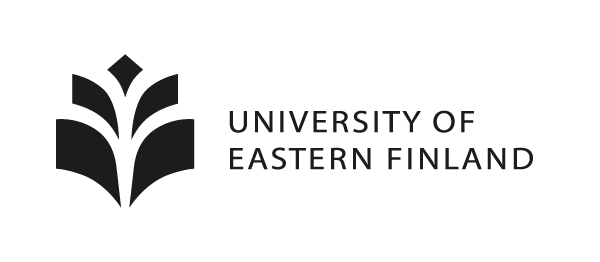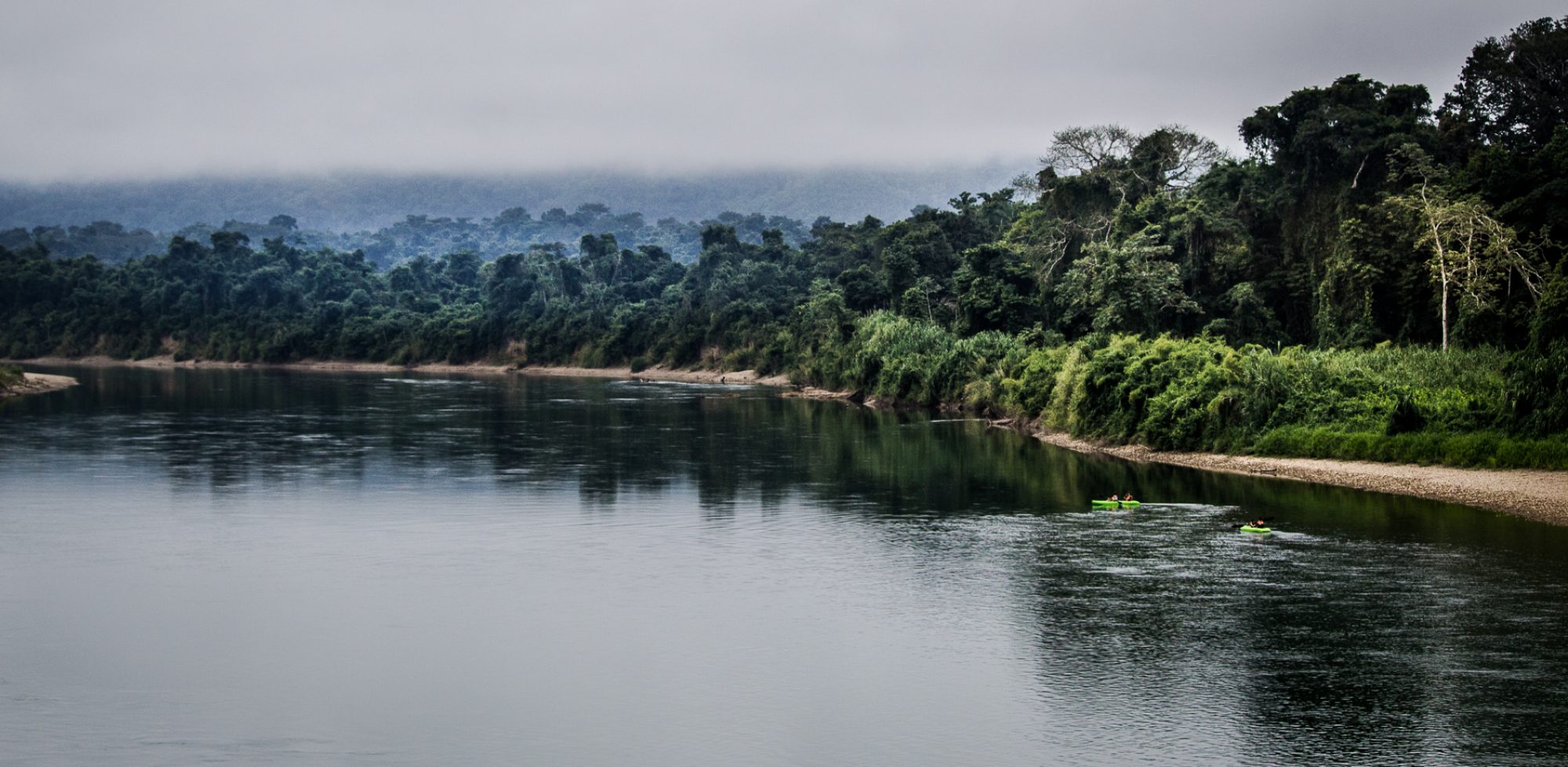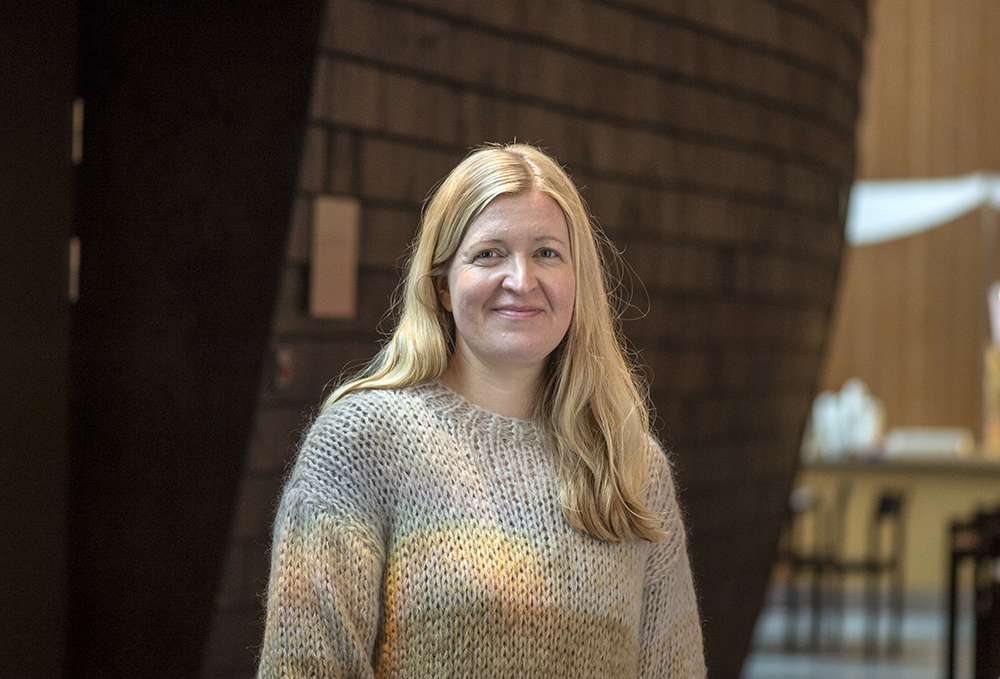Welcome to the project exploring international relations and political geographies otherwise in the Maya Forest (2019-2028)
The research project “Political Forests – the Maya Forest” begun in 2020. It was focused on exploring nature conservation politics and international relations in borderlands. Funded by the Finnish Kone Foundation and conducted in the University of Eastern Finland (UEF), the project was focused on understanding how transboundary conservation shapes international relations in borderlands now subject to ecological concern. These are so-called political forests, and one of them, the Maya Forest in Mesoamerica, was the main case study of this research.
At the moment, the research continues with its principal researcher’s project (2023-2028), which expands to diplomacies and geopolitics otherwise, including such issues as Indigenous geopolitics, science diplomacy, small state agencies and borderlands. Transboundarities, different spatial dimensions and developments in power relations are at the core of this research.
In this website, you will find key information about the project in its different stages, publications and divulgation endeavors.
NEWS
Documentary Film “Sakbe – Roads of Life in the Maya Forest” available on Youtube-Channel @SakbeMayaForest
A documentary film “Sakbe – Roads of Life in the Maya Forest” by Kerttu Matinpuro and Hanna Laako (2025) is now available on Youtube Channel @SakbeMayaForest in three language versions: Subtitles in English, Spanish and Finnish. The links are provided below.
A documentary film addresses biocultural diversity. The Maya Forest, located in the Peninsula of Yucatan, is at the crossroads between megaprojects and nature conservation. How does the future look like for such borderlands in transition, especially for local people?
The documentary film has been produced as part of the research project “Political Forests – the Maya Forest”, funded by the Kone Foundation. It is non-commercial and non-profit production, created for educational and science communication purposes only.
Link to “Sakbe – Roads of Life in the Maya Forest” with English subtitles:
La película documental “Sakbe – Caminos de la Vida en la Selva Maya” con subtítulos en español:
Dokumenttielokuva “Sakbe – Elämänpolkuja Mayojen metsässä” suomenkielisillä tekstityksillä:
The Maya Forest Waterlands – short film on the book
A film by Kerttu Matinpuro interviewing Hanna Laako and Edith Kauffer about their forthcoming book The Maya Forest Waterlands: Shared Conservation, Entangled Politics and Fluid Borders (Routledge). The film is in English with Spanish subtitles.
The film with Finnish subtitles below:
Versus Online Popular Science Publication 30.05.2022:
“The Guardians of the Maya Forest“
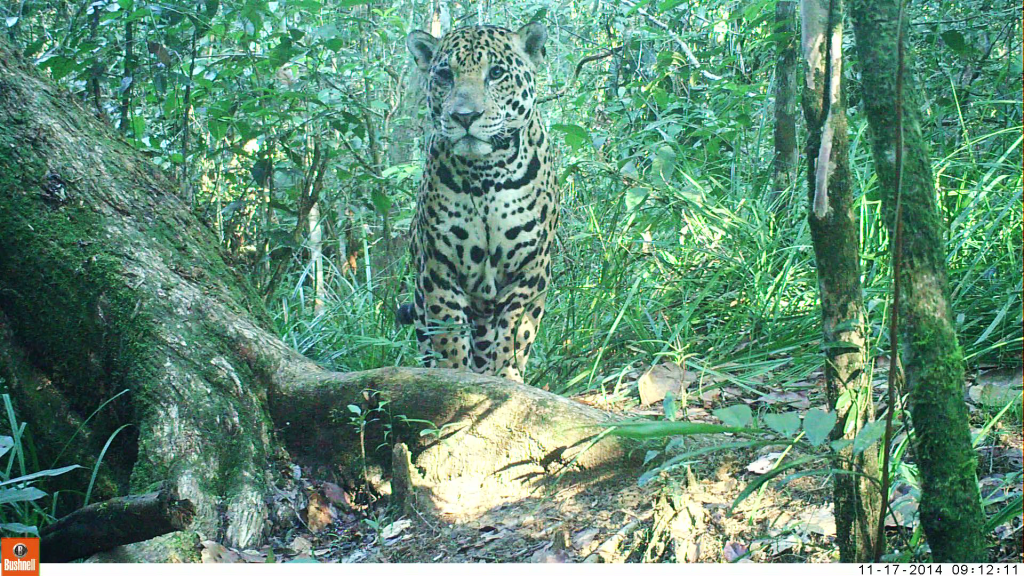
Lessons from transboundary nature conservation. Researchers from three continents discuss the extensions and the limits of the nature states: Hanna Laako et al. on the Maya Forest, Emily Wakild on Conservation as Coming Together, Ari Lehtinen the “Embryos of the Fennoscandian Greenbelt”, and Elisa Castro from Natura Mexicana about the transboundary ecosystem connectivity.
UEF Interview by Sari Eskelinen 04.03.2022:
“Transboundary conservation politics in the spotlight of an International Relations scholar“
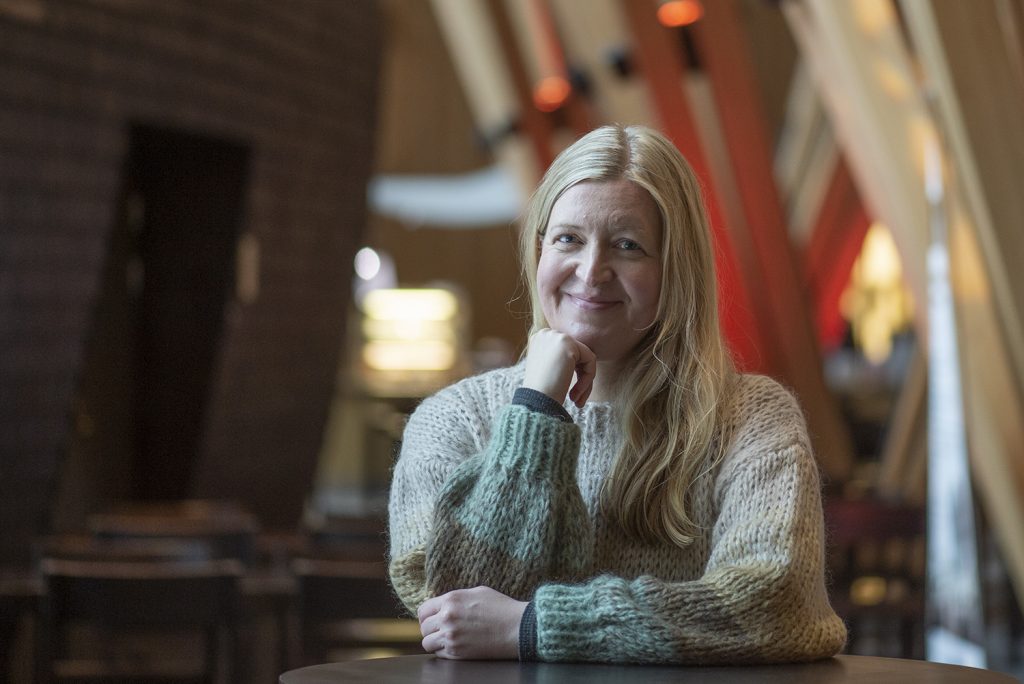
During her years in Mexico, Senior Researcher Hanna Laako took a large leap in the multidisciplinary research of global politics. Empirical and fieldwork-based research is slowly gaining relevance in International Relations.
Kone Foundation Different Routes-series article 10.12.2021:
“In Kalimantan and Mesoamerica, nature needs protection without leaving people behind“

Somewhere far away, biodiversity is dwindling and rainforests are being cut down. Nature conservation is a hot topic of conversation, but people who live in the midst of environmental disputes are often overlooked in such debates. Science journalist Mikko Pelttari asked researchers of sparsely populated border regions how we could better understand areas with the most to protect and the most to lose.
